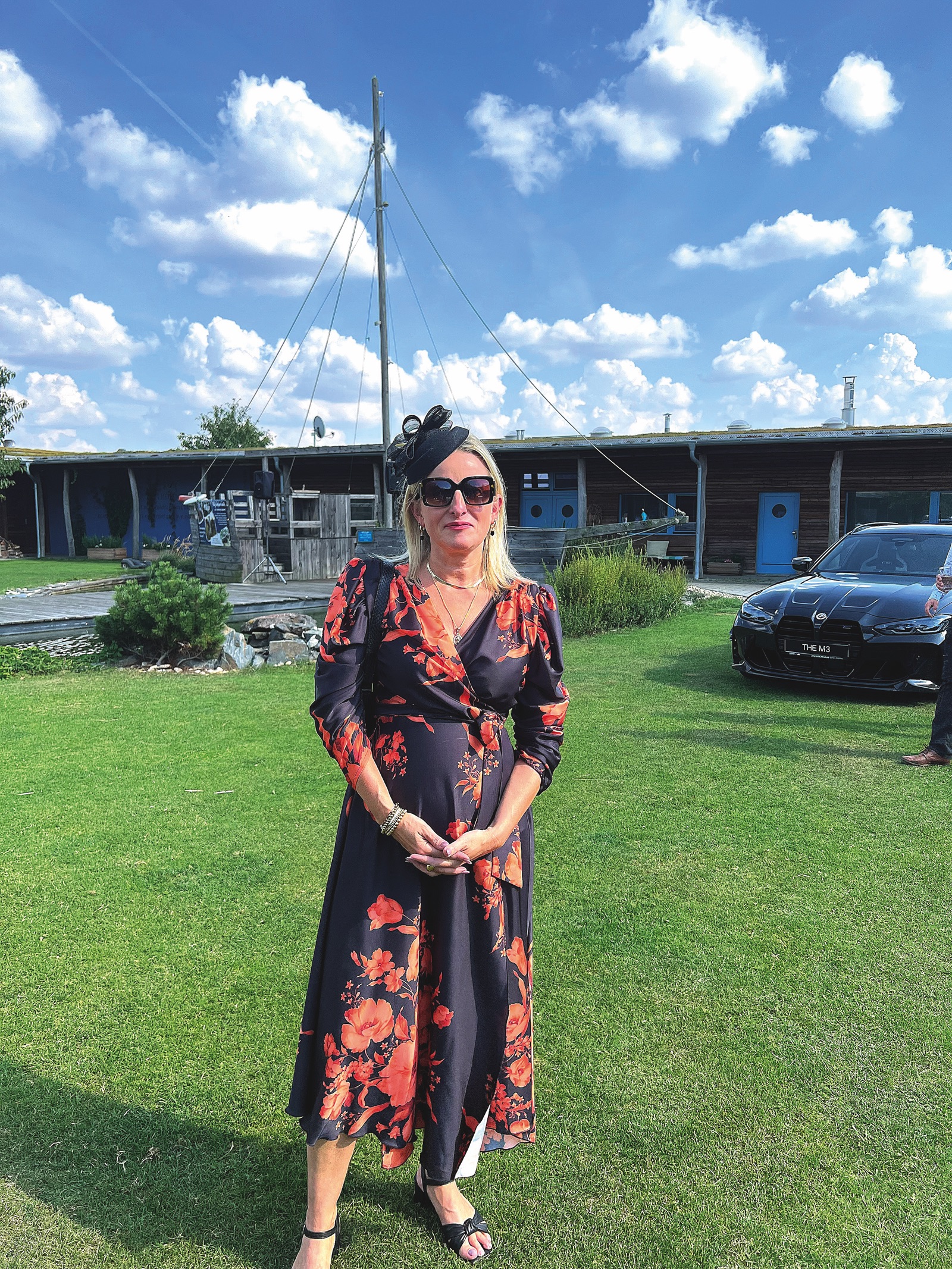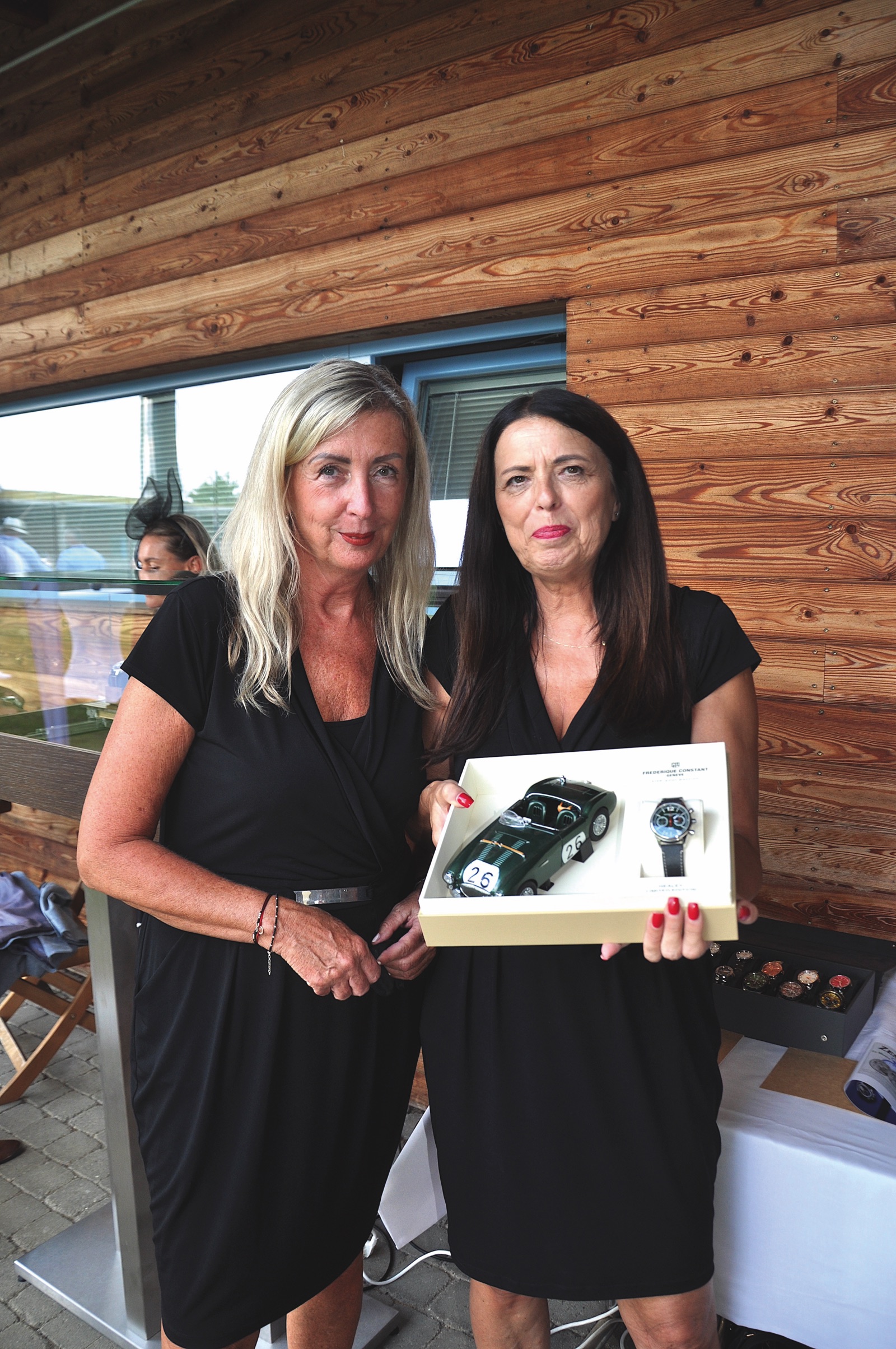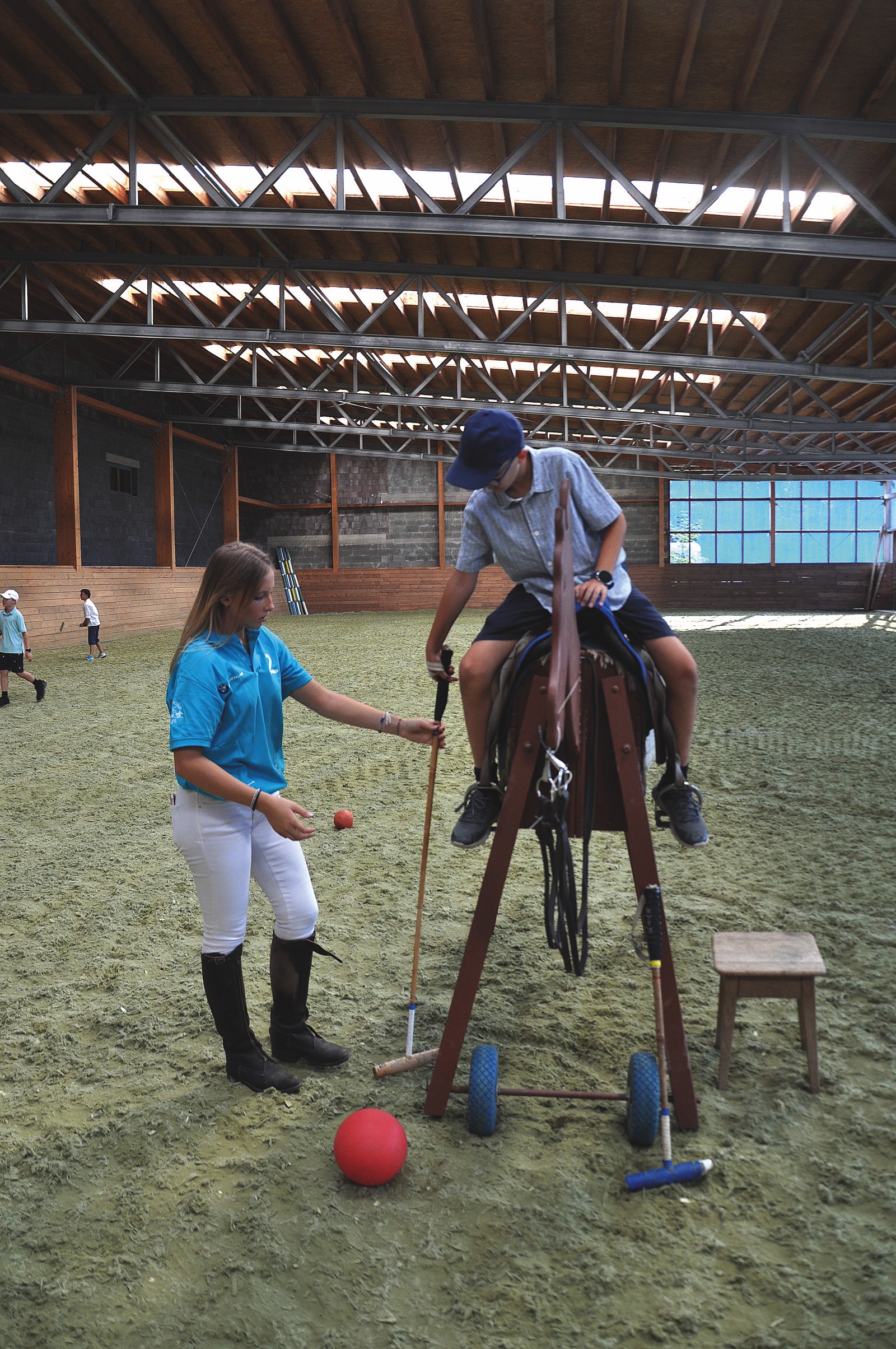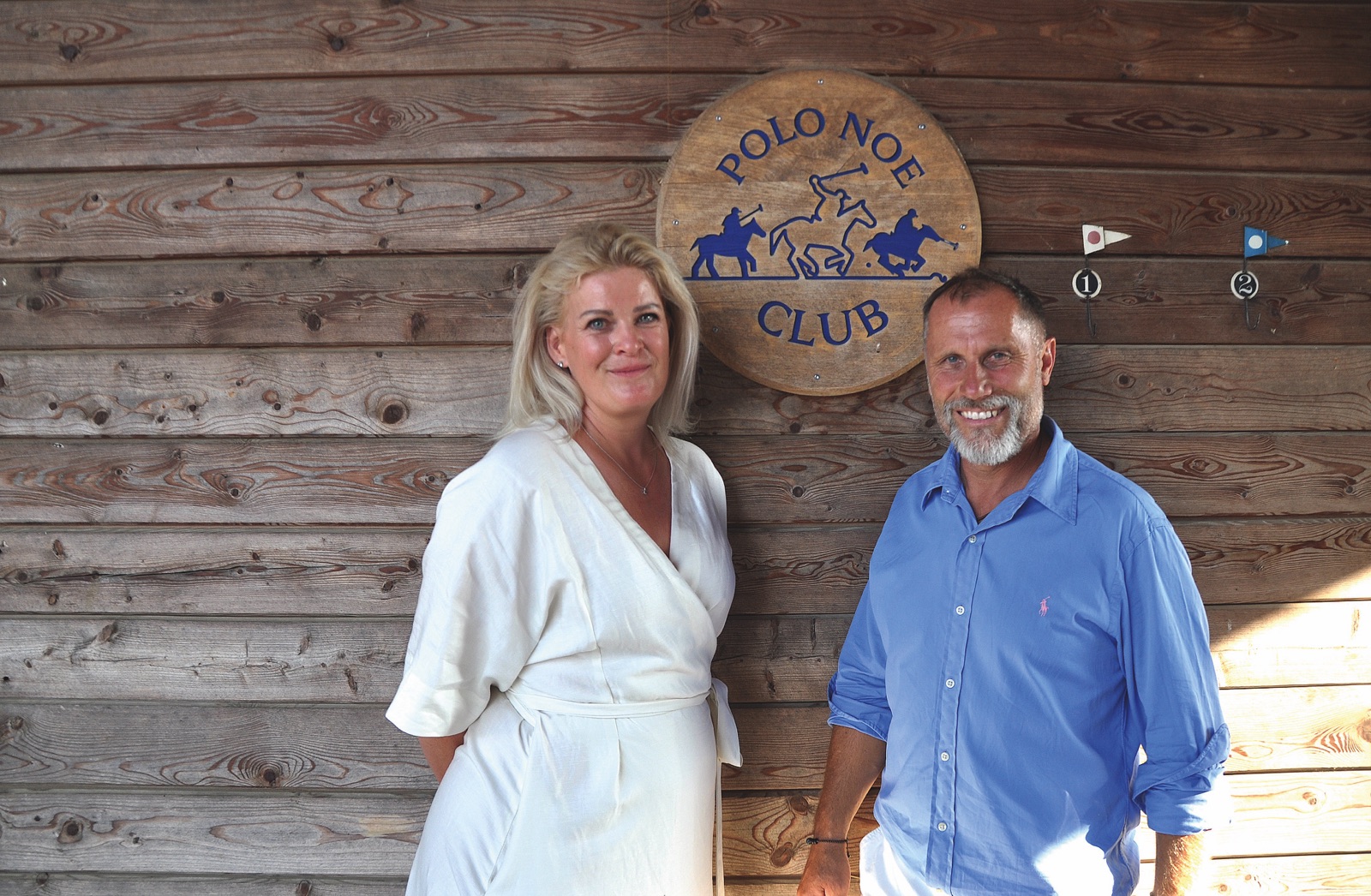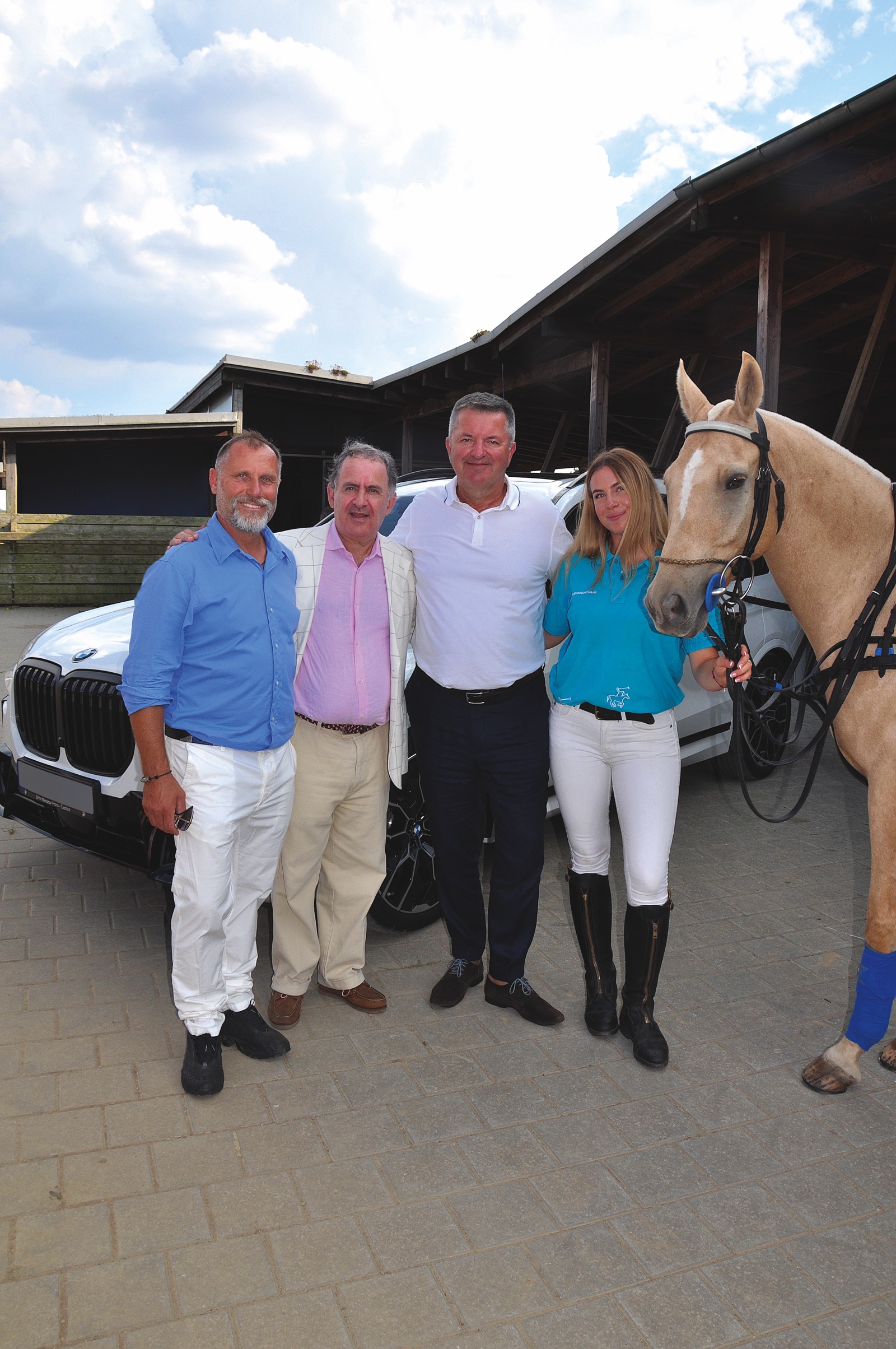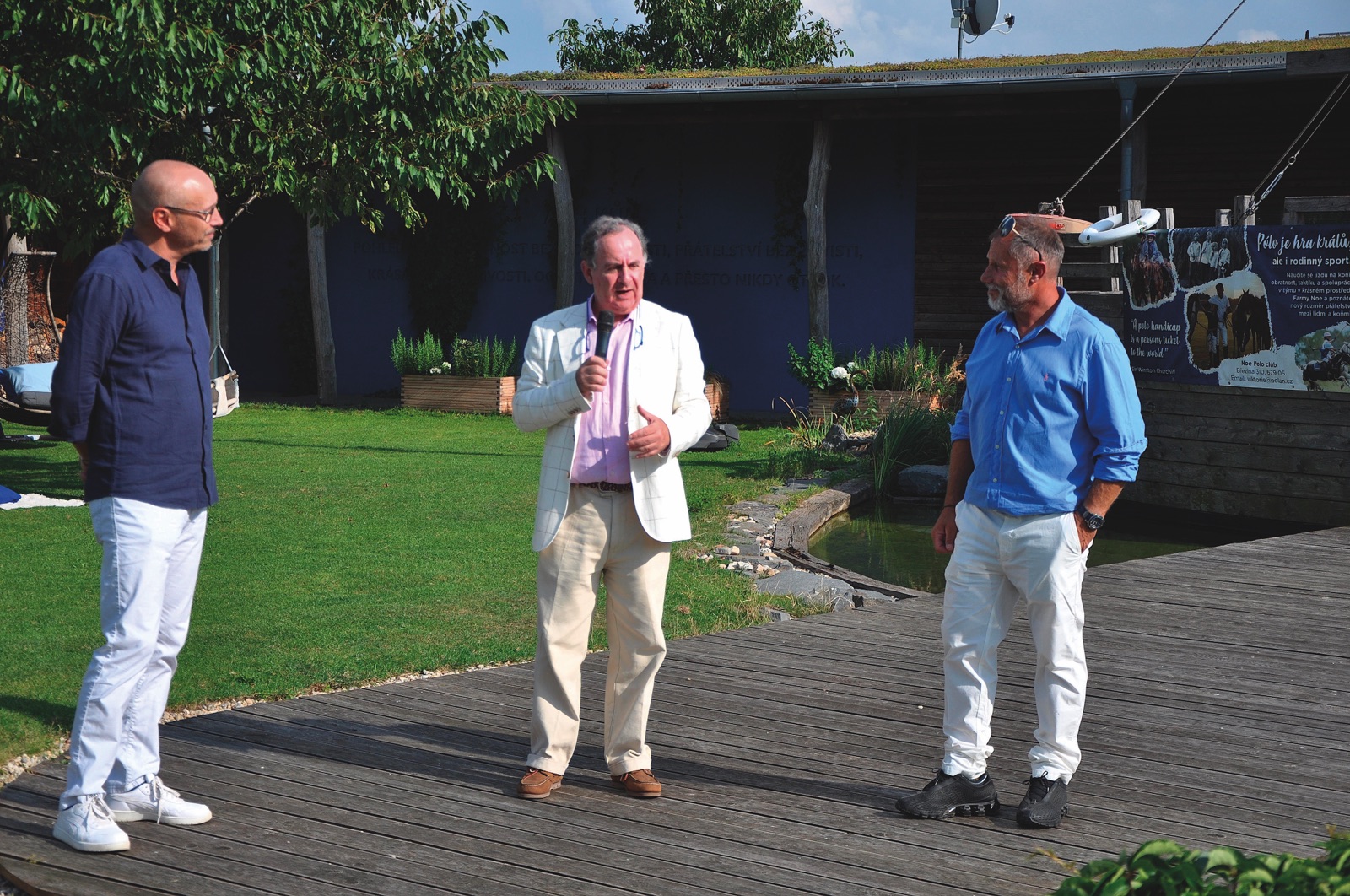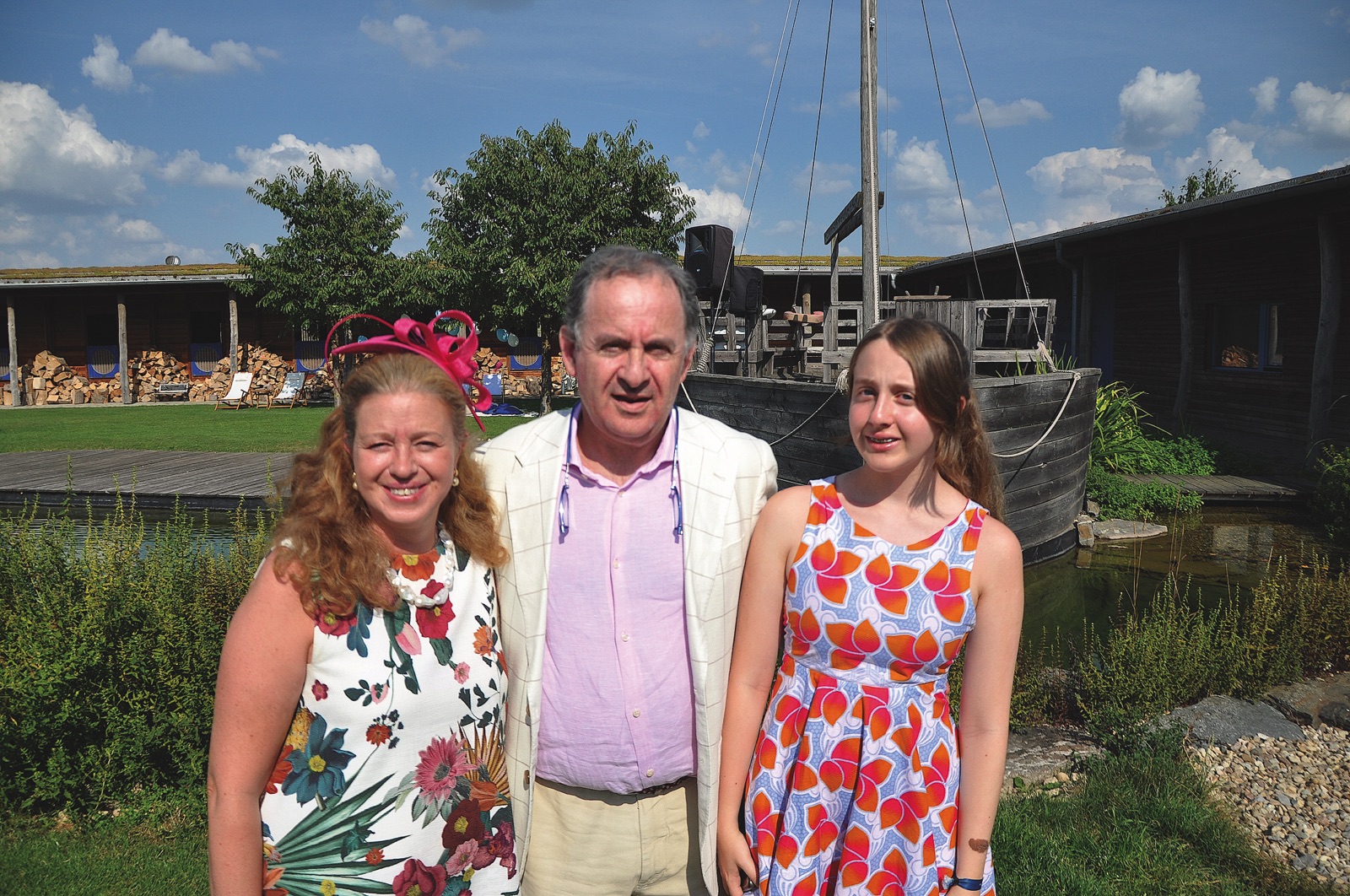
H.E. Mr. Claudio Javier Rozencwaig, Ambassador of Argentina with his spouse Graziella Maria Semino and daughter Costanza Rozencwaig
Text: M.Zisso; Photo: Archive
Polo is thought to have originated in China and Persia around 2,000 years ago. The game’s name may well have come from the word “pholo”, meaning ‘ball’ or ‘ballgame’ in the Balti language of Tibet. The first recorded game took place in 600 BC between the Turkomans (who won the game) and Persians.
The British settlers discovered the game during their travels in India, were captivated by it, and so they imported it to Europe. It was only at the end of the 19th century that these same Englishmen brought the polo culture with them to Argentina. The first polo match in Argentina was in 1875.
Argentina was a perfect place for polo to develop as a sport, partly because of the great plains you see all over the country. These plains, or ‘Las Pampas’, acted as natural polo fields, and still do, and the Argentine people revel in playing on their home turf – on their land on which they work to produce crops all-year-round.
Argentina is renowned as the capital of polo and is home to some of the world’s most famous polo clubs and players.
As part of 100 years of diplomatic relations between the Czech Republic and Argentina, the Ambassador of the Argentine Republic, H.E. Mr. Claudio Javier Rozencwaig, organized a Czech-Argentine Polo Day at the beautiful Neo Polo Club in Březina, Moravia, with the support of Renocar (BMW).
The program included getting to know Argentina’s Polo, Horse Polo theory, a practical Polo mallet exercise, a Horse Polo trainer, asado (original grilled specialties), and a tasting of Argentinian wine.


